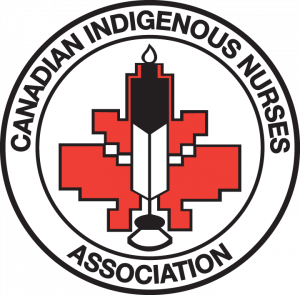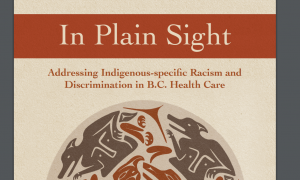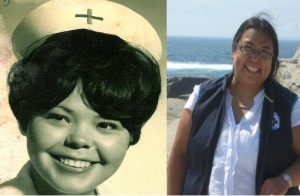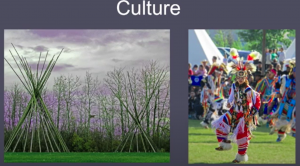
In 1974, a number of nurses with Aboriginal ancestry joined together with others to form the Aboriginal Nurses Association in 1975, which then became the Canadian Indigenous Nurses Association.
As part of their mandate, the CINA helped inform the Federal/Territorial/Provincial Workforce committee on Health Workforce in their work with the Principle Nursing Advisors Taskforce in 2017 to develop a vision for the future of nursing in Canada that included Indigenous Health. In 2020, the report was published and included numerous strategies and recommendations for involving Indigenous people, Indigenous nurses and nursing schools to improve the health of Indigenous peoples in Canada.
Despite this work by and for nurses, the systems involved are slow to respond, and Indigenous people continue to have poor health outcomes, higher rates of suicide, higher rates of drug and alcohol use, and higher rates of incarceration than the Canadian average (Statistics Canada, 2021). These indicators also clearly indicate symptoms resulting from a legacy of trauma.
While many governmental organizations have commitments to Indigenous health, acknowledgement of Indigenous peoples and multiple task forces and working groups, there doesn’t seem to have been much progress made to improve Indigenous health and well-being.
The mandate of the CINA continues to work on this more specifically with nursing health professionals, as demonstrated by their key objectives. However, there is still much work to be done.
The Association’s key objectives were updated in 2010 to be more reflective of current changing health, social and political environment:
- To work with communities, health professionals and government institutions on Indigenous Health Nursing issues and practices within the Canadian Health system that address particular interest and concern in Indigenous communities with a view to benefiting Indigenous peoples of Canada by improving their health and well-being, physically, mentally, socially and spiritually.
- To engage and conduct research on Indigenous Health Nursing and access to health care as related to Indigenous Peoples.
- To consult with government, non-profit and private organizations in developing programs for applied and scientific research designed to improve health and well-being in Indigenous Peoples.
- To develop and encourage the teaching of courses in the educational system on Canadian Indigenous health, Indigenous knowledge, cultural safety in nursing and the health care system and/or other educational resources and supports.
- To promote awareness in both Canadian and International Indigenous and non-Indigenous communities of the health needs of Canadian Indigenous people.
- To facilitate and foster increase participation of Indigenous Peoples involvement in decision-making in the field of health care.
- To strengthen partnerships and develop resources supporting the recruitment and retention of more people of Indigenous ancestry into nursing and other health sciences professions.
- To disseminate such information to all levels of community.
Canadian Indigenous Nurses Association. (n.d.). Canadian Indigenous Nurses Association (C.I.N.A). Https://Indigenousnurses.Ca. https://indigenousnurses.ca/about
Statistics Canada. (2021, June 28). Indigenous peoples. Https://Www.Statcan.Gc.ca/Eng/. https://www.statcan.gc.ca/eng/subjects-start/indigenous_peoples




